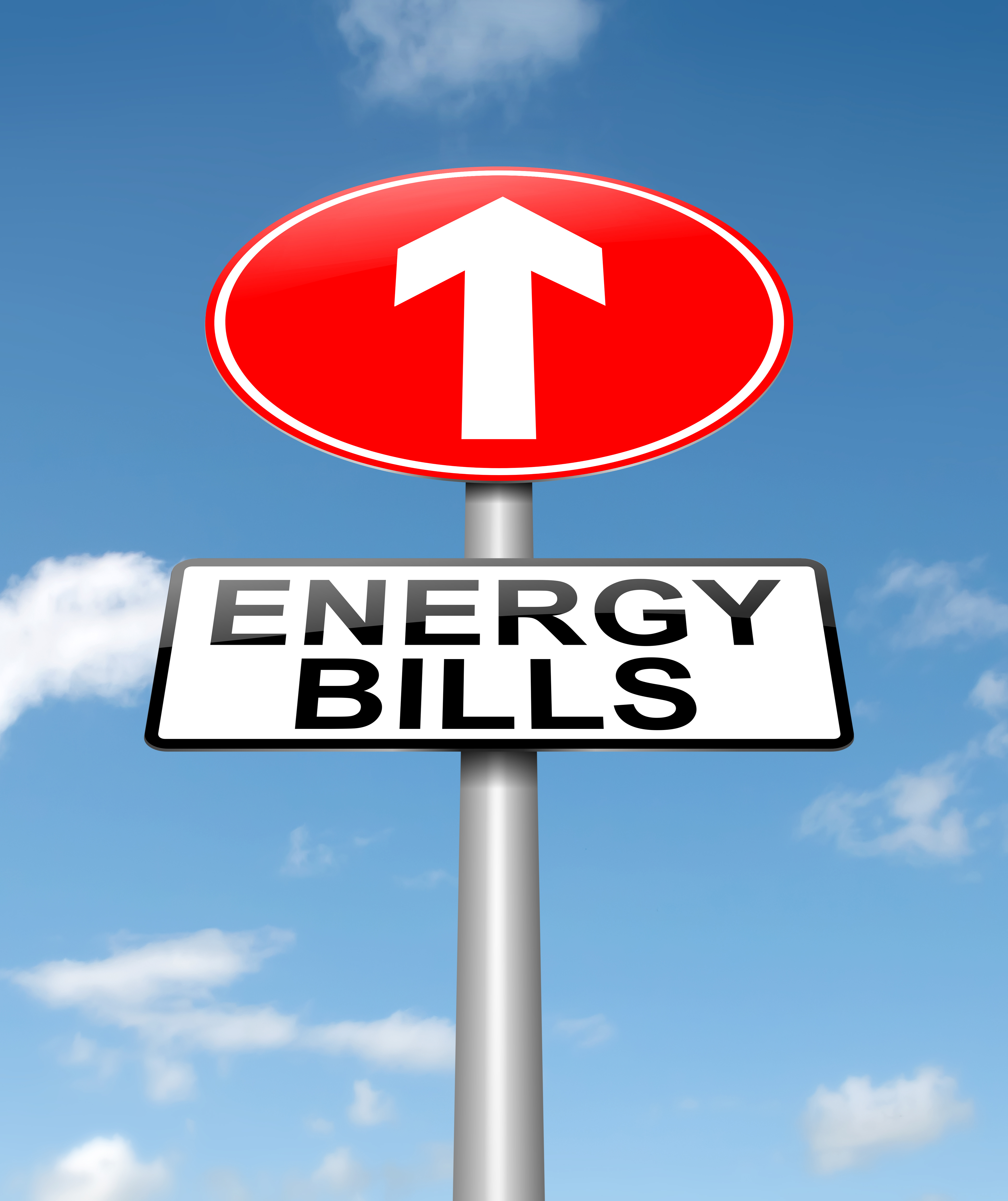Household Bills
More than 3 million in fuel poverty – but thousands more struggling

The government’s annual Fuel Poverty Report shows that an estimated 3.26 million (13.4%) households were in fuel poverty in England in 2022, with the figure expected to rise to 3.5 million in 2023.
The statistics also show that 7.39 million (30.3%) of households in England had to spend more than 10% of income on energy costs in 2022, up from 4.93 million (20.5%) in 2021.
A UK household is said to technically be in “fuel poverty” if they are both living in a property with a fuel poverty energy efficiency rating of band D or below and when they spend the required amount to heat their home, they are left with a residual income below the official poverty line.
The Liberal Democrats are calling on the government to scrap its plans to increase average energy bills by £500 in April, and instead cut bills funded through a proper windfall tax.
The government’s energy price guarantee will rise from £2,500 to £3,000 from April. If the guarantee wasn’t in place households would be facing typical bills of £3,280 a year under Ofgem’s energy price cap.
Liberal Democrat Leader Ed Davey said: “These stark figures show millions of families and pensioners are struggling to afford sky-high energy bills.
“It beggars belief that the Conservatives are planning to worsen this cost-of-living catastrophe by hiking people’s energy bills by another £500 in April.
“People in fuel poverty need support without delay. We need to cut energy bills and expand support for the most vulnerable, funded through a proper windfall tax on oil and gas giants making record profits.”
A extra 100,000 households in fuel poverty
Richard Neudegg, director of regulation at Uswitch.com, said: “Sky-high energy prices pushed 100,000 more households into fuel poverty last year, but the situation could have been much worse without political intervention.
“The government has taken a universal approach with its support measures so far to ensure that no one falls through the cracks and misses out.
“However, this has come at a cost. Many households received a helping hand even if they didn’t need it, and for those in most need, it wasn’t always enough. The energy crisis has demonstrated how vital it is that the UK’s most vulnerable customers are protected.
“The Energy Bill Support prevented 350,000 additional people falling into fuel poverty, but the government must not take its eye off the ball. Energy prices remain high and falling wholesale prices are not yet being passed down to consumers through fixed deals or the Energy Price Guarantee.
“In the longer term, more targeted support for the vulnerable is crucial, which could include an energy social tariff for those who need it most.”